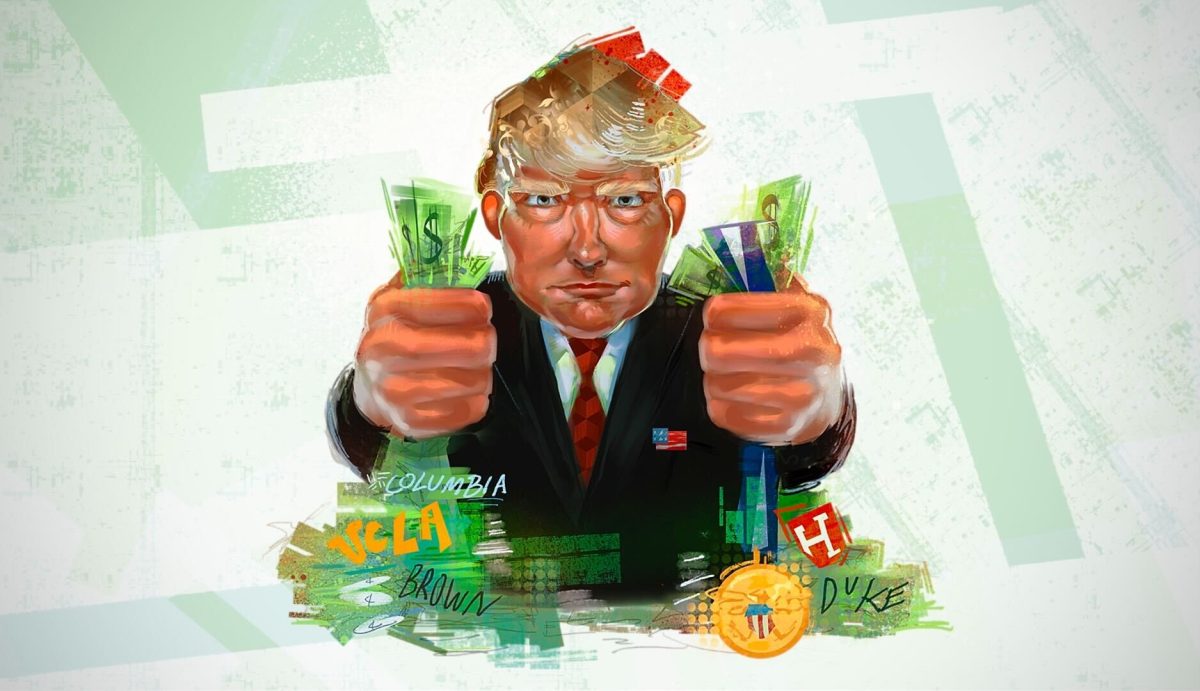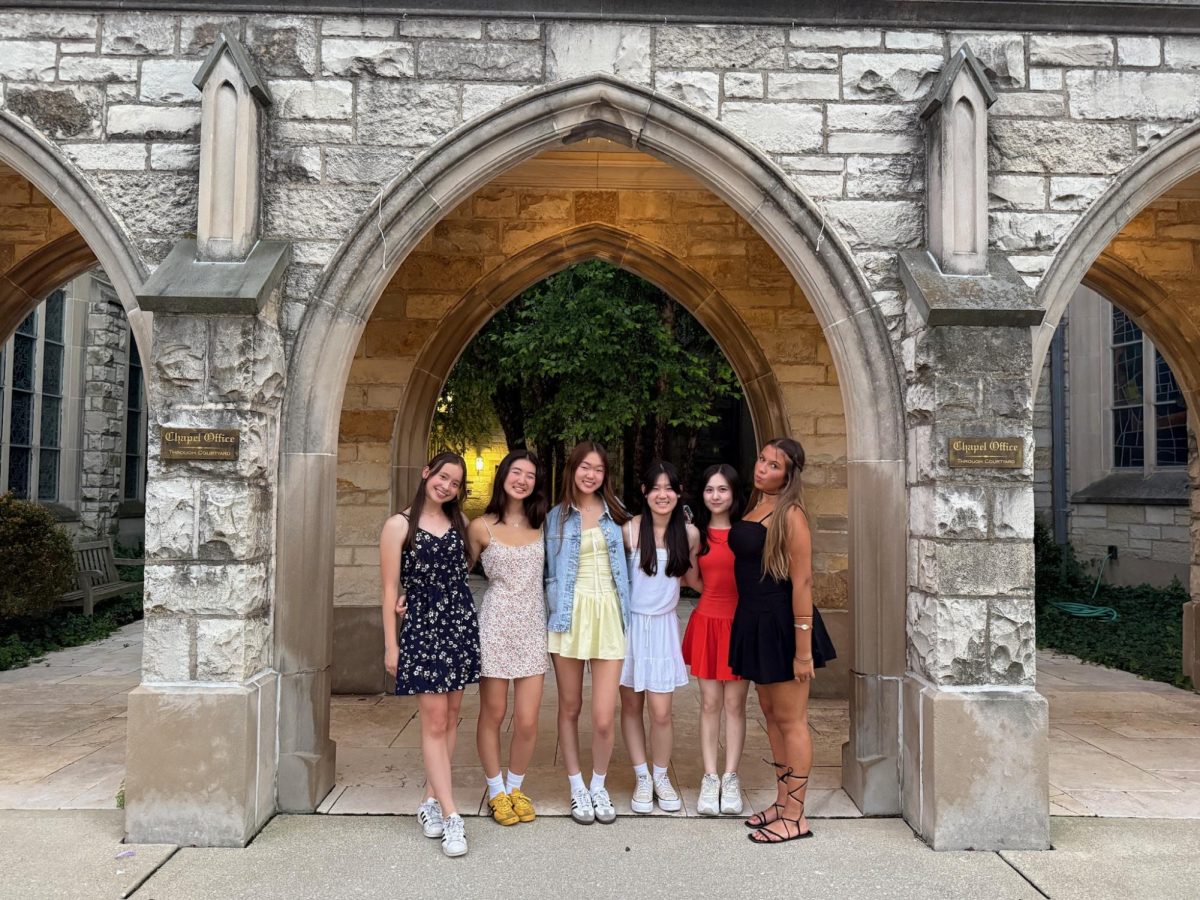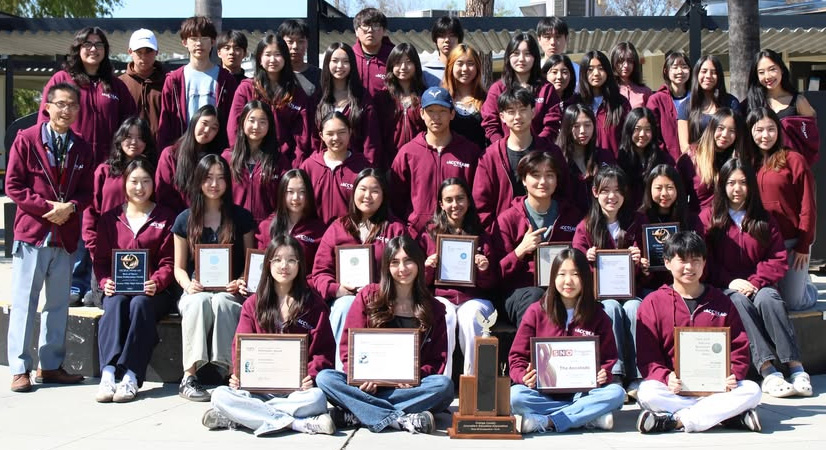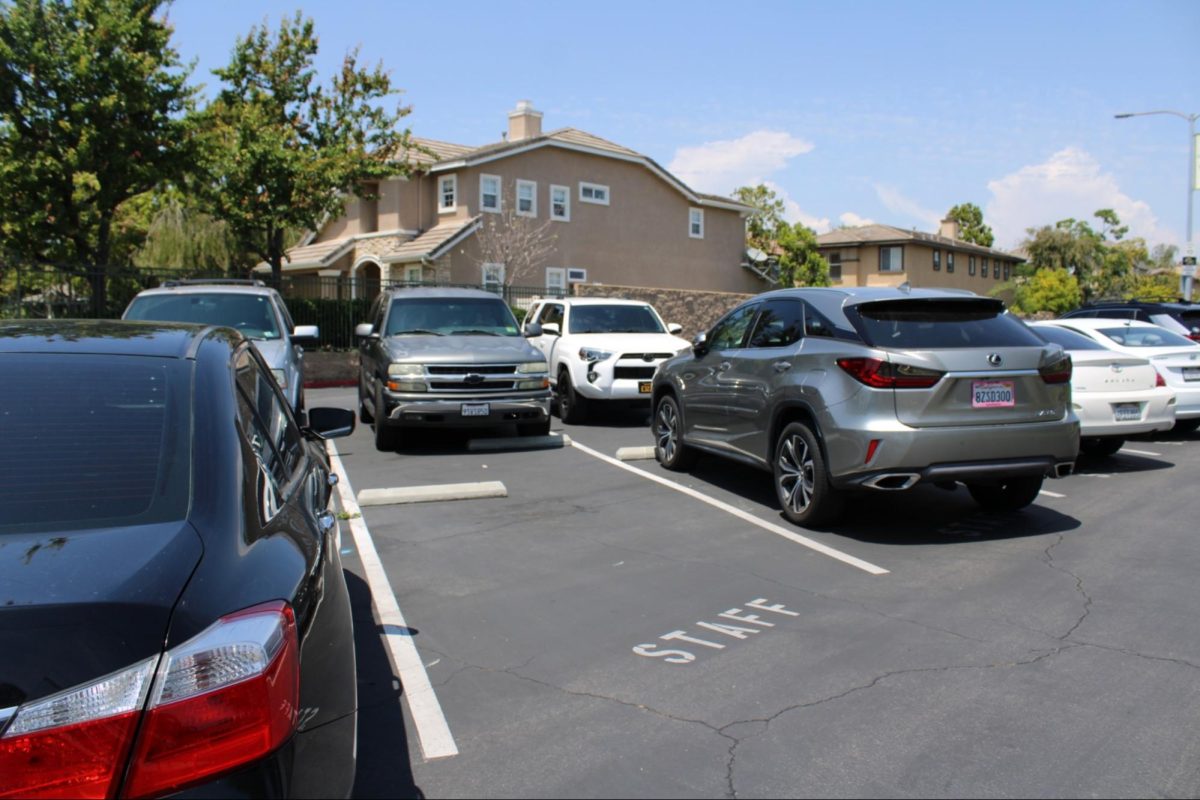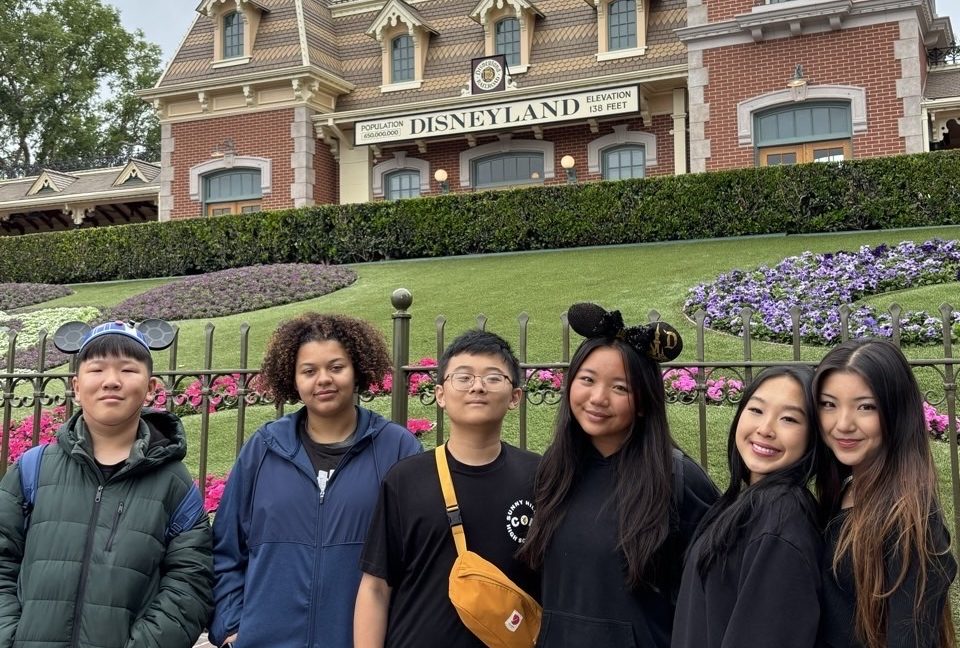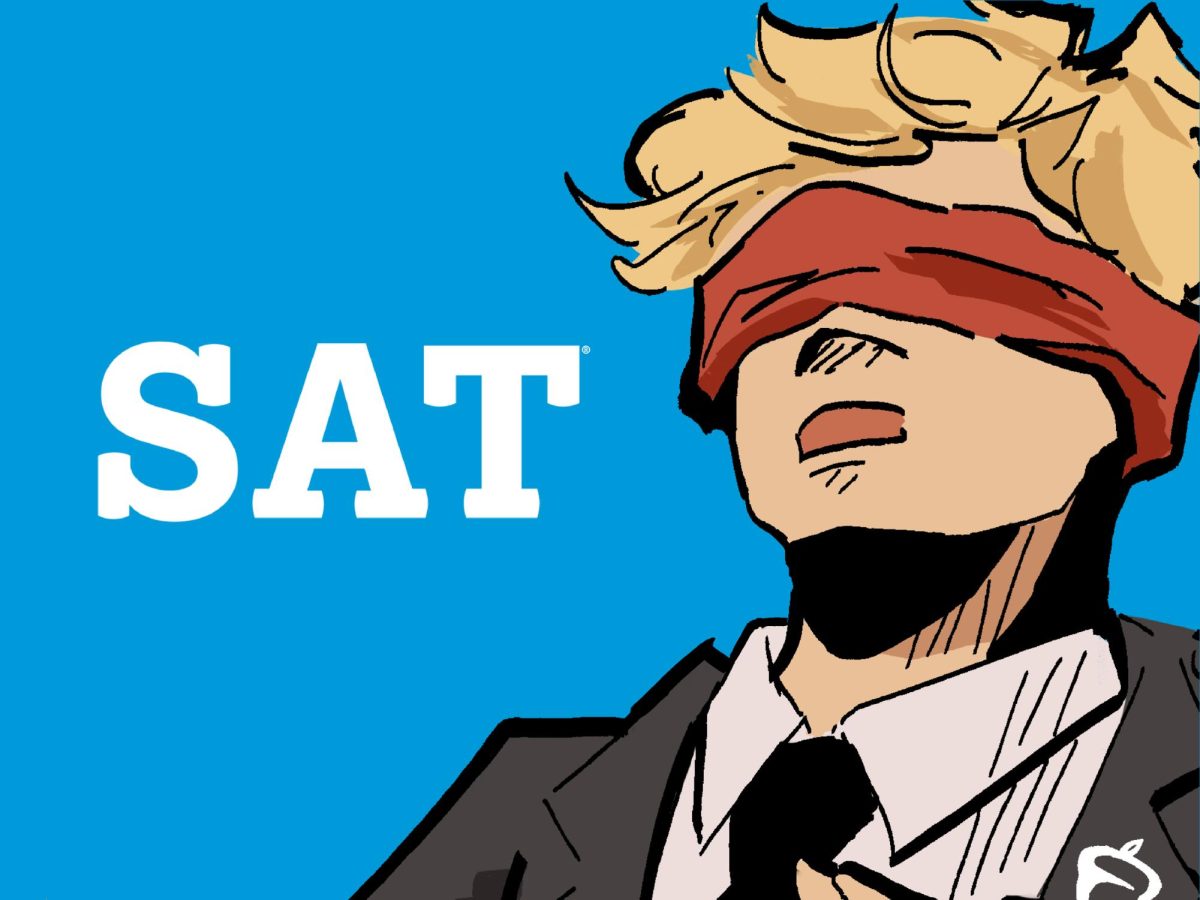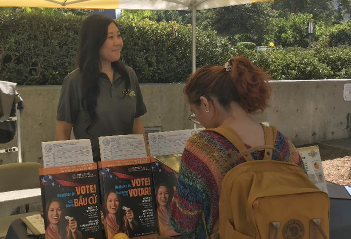This is the first part of a series of stories written by five of Accolade‘s top editors as if they were to be “Kings for a day” — all of which originally appeared in the “Photo Finish” special section, which focused on the upcoming Nov. 3 general election in our Oct. 30 print issue. The full issue can be read here. One story will be posted per day until Election Day on Nov. 3.
The Bureau of Labor Statistics reported that every hour, the average American makes $27.13.
In that same hour, Amazon CEO Jeff Bezos earns approximately $13.4 million.
The stark disparity between the majority of Americans and one billionaire serves as a reminder of the ever increasing wealth gap between the top 5% and everybody else in America.
If the amount of money Bezos makes in one hour isn’t shocking enough, according to a 2017 study published by Oxfam, a nonprofit group striving to end global poverty, eight billionaires (one of them being Bezos) owns half of the wealth on earth — or the equivalent of the combined incomes of 3.6 billion people.
While I can applaud the effort that went into becoming a billionaire — an anomaly only made possible by the wonders of capitalism — the increased concentration of money in the hands of the rich is only becoming more alarming by the years.
As socioeconomic gaps divide the middle class into either poorer or richer classifications (and more into the former, unfortunately), the standard of living in the U.S. falters for the majority of Americans; the weighty consequences bleed into different aspects of American society, gradually breaking down the stability of our nation.
Just like how fixing the underlying problems of socioeconomic inequalities can eventually lead to a more evenly distributed economy, implementing straightforward economic legislation can prove beneficial in repairing the problems caused by the lack of disposable income.
For instance, simply increasing the taxation of billionaires and other extremely wealthy individuals can be accomplished by enforcing a progressive tax system. Even though the United States has technically already implemented this structure, in which the upper class gets taxed more than the lower classes, the loopholes within the system allow the wealthiest elites to pay the least amount of taxes.
In order to remedy this economic loophole, the top 5% of Americans should be taxed on not only their wages, but the rest of their assets to get an accurate amount of money from those who earn the most.
Despite the ideals the traditional “American Dream” sells, ultimately, the notion that hard work is positively correlated with one’s income paints a false narrative of working class citizens by blaming their economic pitfalls to moral reasons such as sheer laziness and greed.
Seeing as our society today runs on the backs of essential workers rather than the richest elites, it’s about time we make the efforts to bridge the increasing socioeconomic gaps to build a more equitable society for tomorrow.






